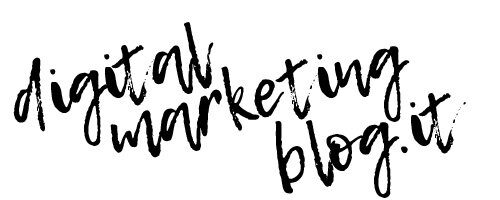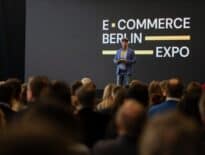Sustainability in E-Commerce: Interview with PackEx
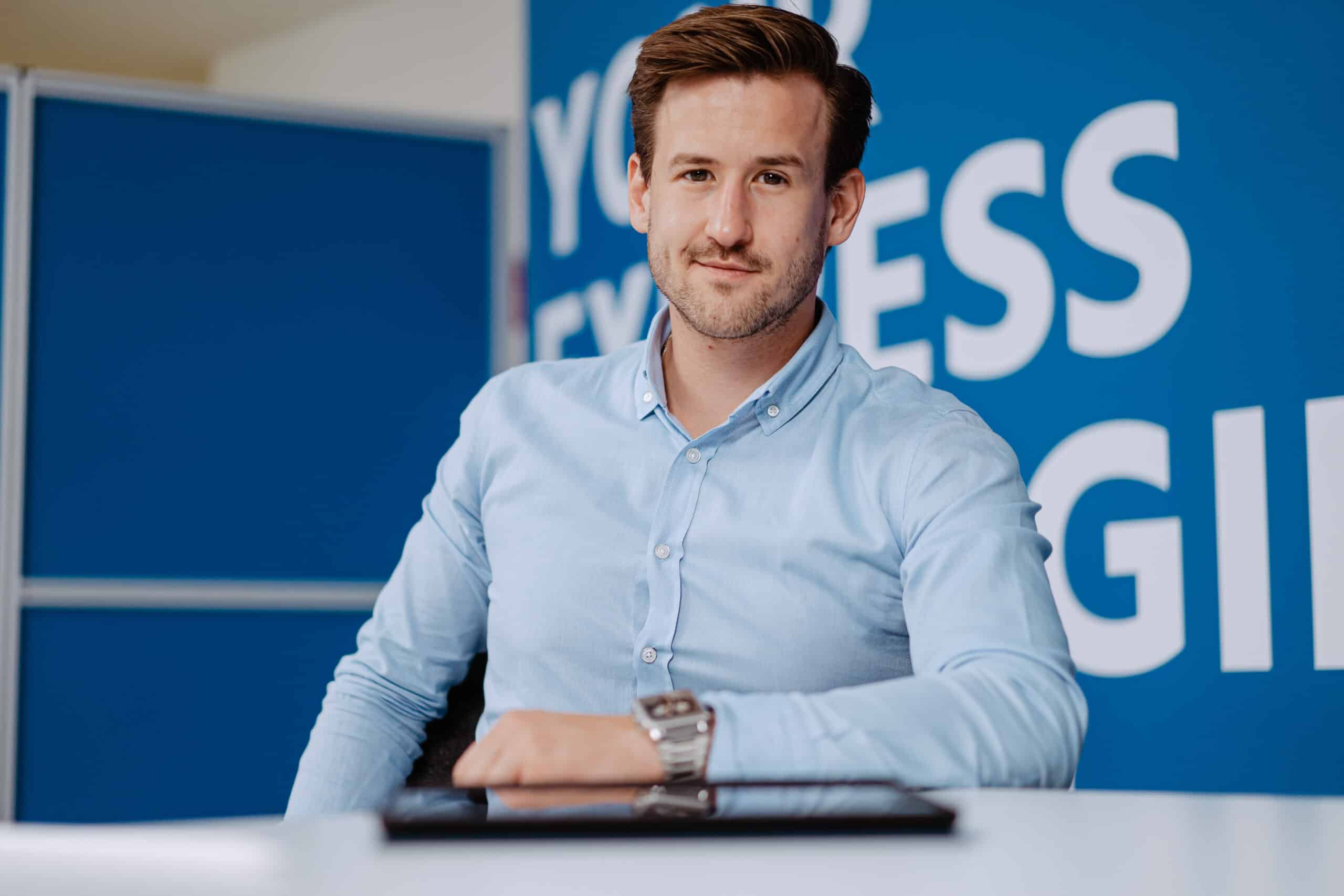
»The interview was realised as part of the E-Commerce Berlin Expo 2024. The contribution is unpaid advertising, PR.«
PackEx specialises in sustainable packaging solutions “made in Germany” and enables short-run printing. A B2B customer portal, which acts as a virtual warehouse, enables short runs of just one item and guarantees fast delivery times for repeat orders. This makes PackEx one of the most innovative companies in the packaging industry and rightly one of the top 10 for the E-Commerce Germany Award in the “Best logistics solution” category.
We spoke to Julian Erhard, CEO of PackEx, at the E-Commerce Berlin Expo 2024.
What is PackEx’s innovative business model?
What are the advantages?
Two topics are at the centre of PackEx‘s business case: Sustainability and flexibility.
Thanks to a completely newly developed production technology and the will to scrutinise all conventional processes and credos, we have succeeded in generating significantly less CO2 than is usual in the packaging industry. Our major goal is to organise our production in such a way that in many places, instead of having to offset CO2, we are already producing none at all.
We are also the perfect partner for companies that have a need for small print runs – but which are often not profitable. We work with a cloud-based virtual warehouse for quick reorders, enable small print runs from just one item and guarantee fast delivery times. In this way, we are primarily addressing customers who have always been somewhat neglected by their suppliers due to their small order volumes.
How does PackEx achieve particularly sustainable production?
PackEx set out to find a way to produce 100% CO2-neutral. We’re not quite there yet, but we’re on the right track – without greenwashing.
The team has analysed and completely rethought every step in the production of packaging: from the choice of (FSC-certified) cardboard to the printing inks, the avoidance of finishes and completely new production processes. We use an innovative laser-cut process instead of the established die-cutting process with tools that have to be customised. The interplay of collated sheets and colour management can significantly reduce ink and chemical consumption. PackEx saves up to 1,389 tonnes of CO2 per year.
Sometimes it’s even the simple measures that have a big impact: For example, we use parcels instead of shipping on pallets. Thanks to our customised packaging for each order, we can make optimum use of the transport volume – so we only ship the goods and no air. Shipping by parcel service enables us to achieve considerable CO2 savings of around 1.4 tonnes per year.
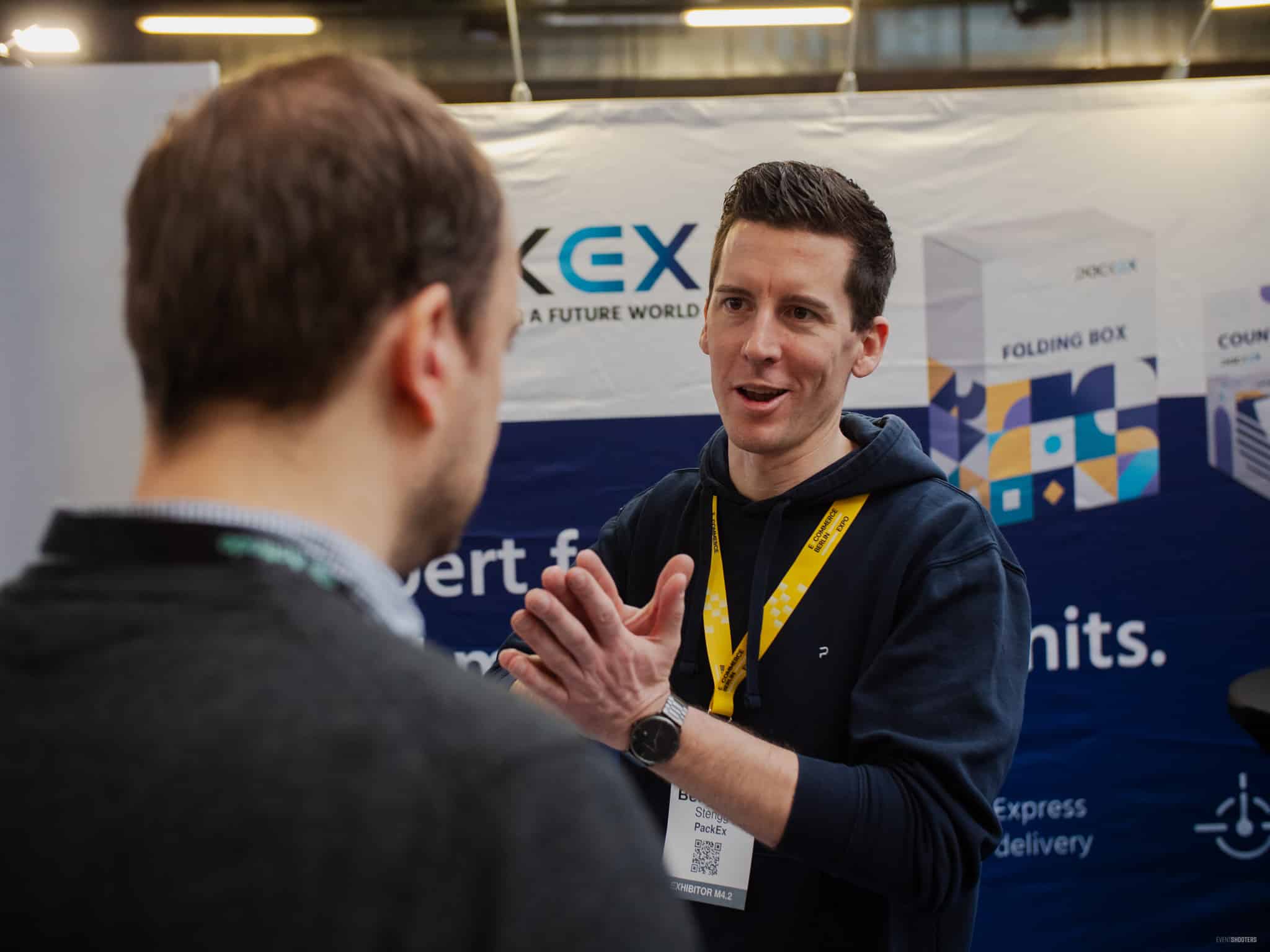
How does the new PackEx B2B portal work?
Our customer portal is geared towards the ordering behaviour of B2B customers. Until now, ordering packaging was a complicated process – simply because it is a complex product. We have now tried to present this product and offer close guidance so that the customer can find their way intuitively. To this end, assistance is offered at the appropriate points and recommendations are given, for example, which material weight is appropriate for the selected packaging size.
Basically, we see our customer portal as a virtual warehouse: instead of printing large print runs, we allow products to be created and reordered with just a few clicks – an attractive option with guaranteed delivery times of a maximum of 2 weeks, which saves storage costs and produces less surplus.
How is the collaboration with agencies and design partners organised?
What applies to short runs can also be applied to samples: PackEx is therefore an ideal partner for agencies. With us, samples can be produced both in print and in the layout of the design for little money, because the high level of digitisation means that there are no one-off costs.
Where do you see the biggest challenges in e-commerce?
We can already see that the packaging sector in e-commerce is sensitising itself to the issue of sustainability. Until now, the focus has been on avoiding materials such as plastic, but if we really want sustainable solutions, we need to take a much closer look. It is not enough to deal with the obvious issues. Companies in the packaging industry also need to be future-orientated and align their processes and structures with the product. This requires courage and investment.
I am convinced that the topic of sustainable packaging and logistics will become increasingly important to consumers. Legal regulations are also increasingly moving in the right direction and presenting the industry with new challenges: Sustainable solutions that can be implemented without significantly increasing costs require innovation.
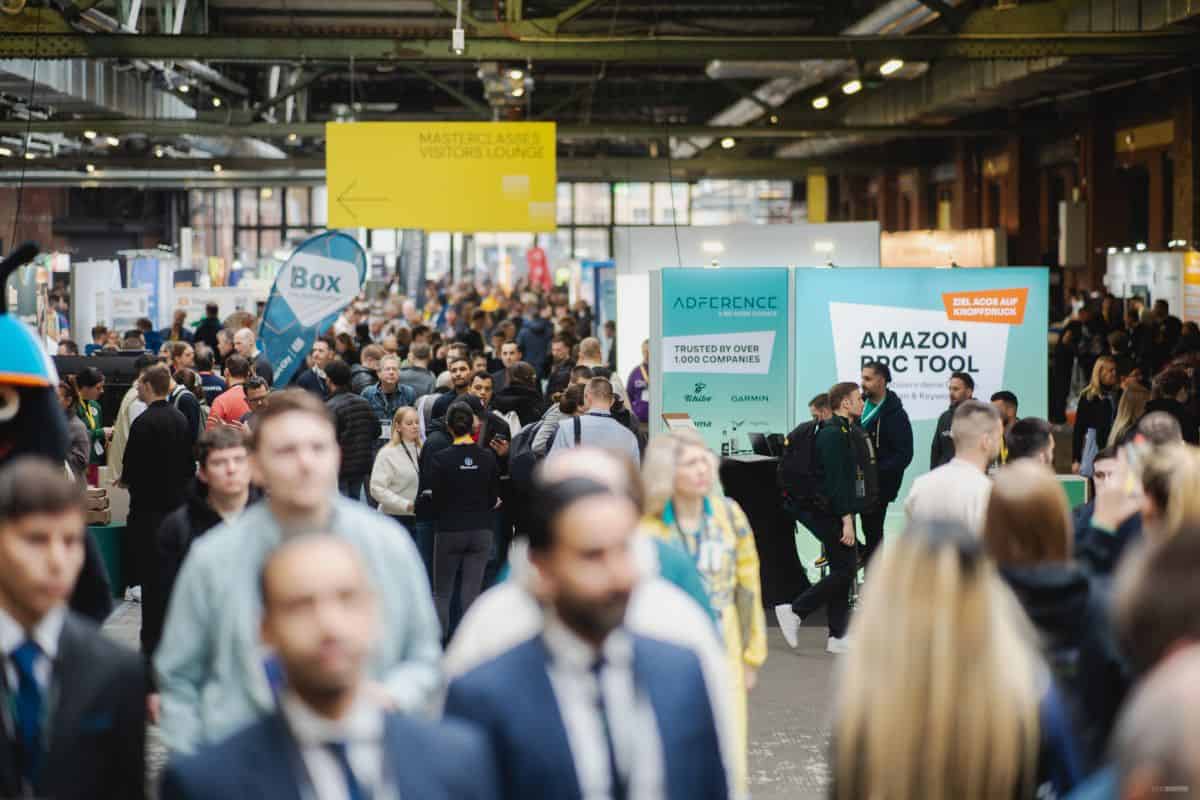
What are the goals & innovations for 2024?
Of course we want to and will grow. We are currently preparing to install a second laser-cutting machine in order to be able to cope with the increasing volume of orders. As we are pioneers in this field, this is a customised production, which of course also incorporates our previous experience.
We are also constantly expanding our portfolio in line with customer requirements. For example, we have recently added labels and shipping packages to our range. Our online portal is also being consistently developed and adapted to customer behaviour.
Thank you very much for the interview!
